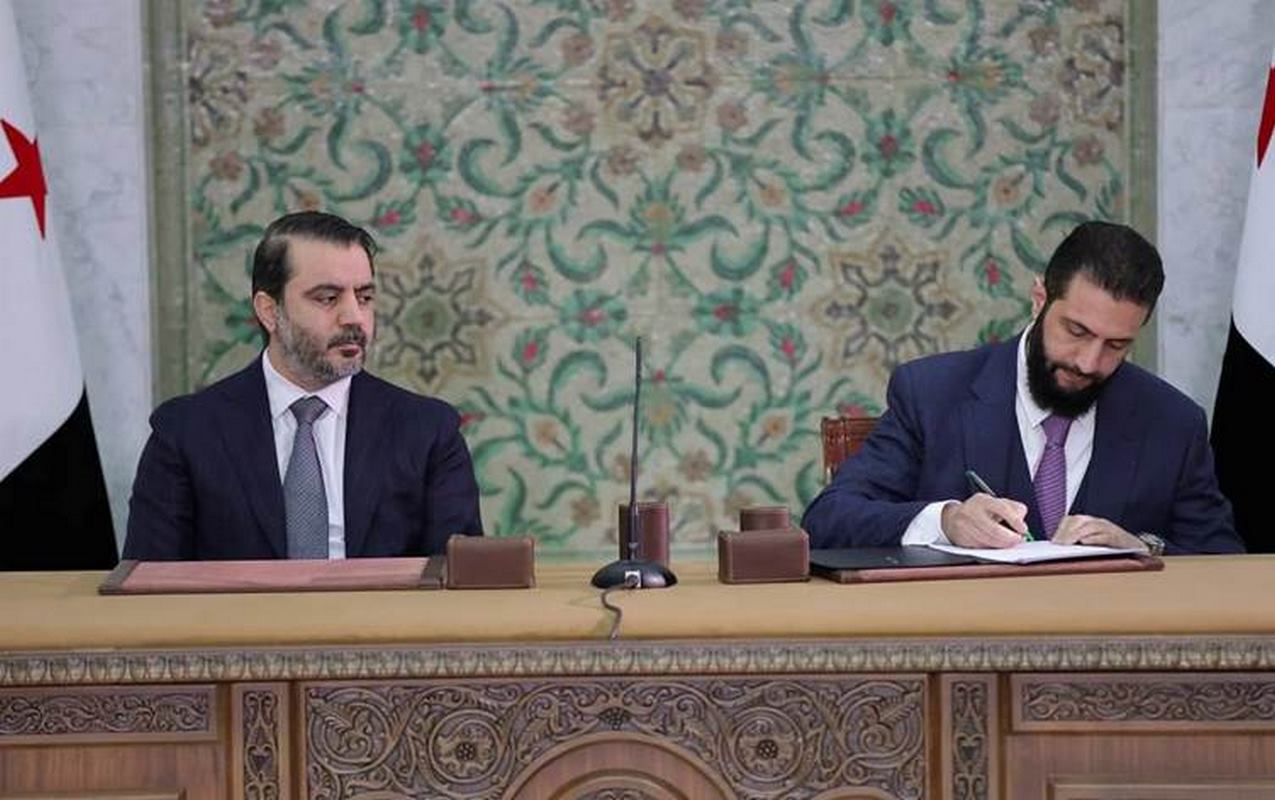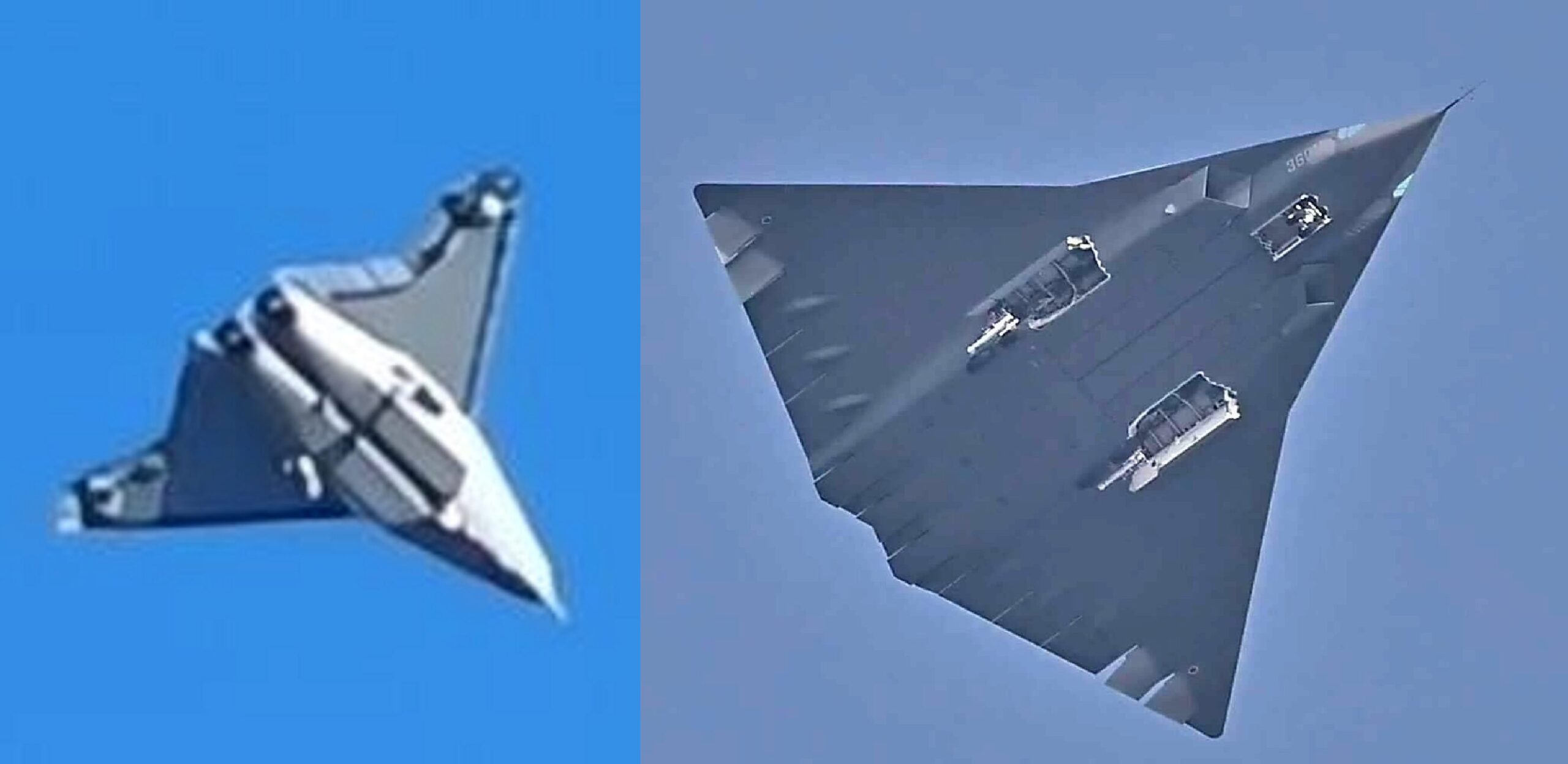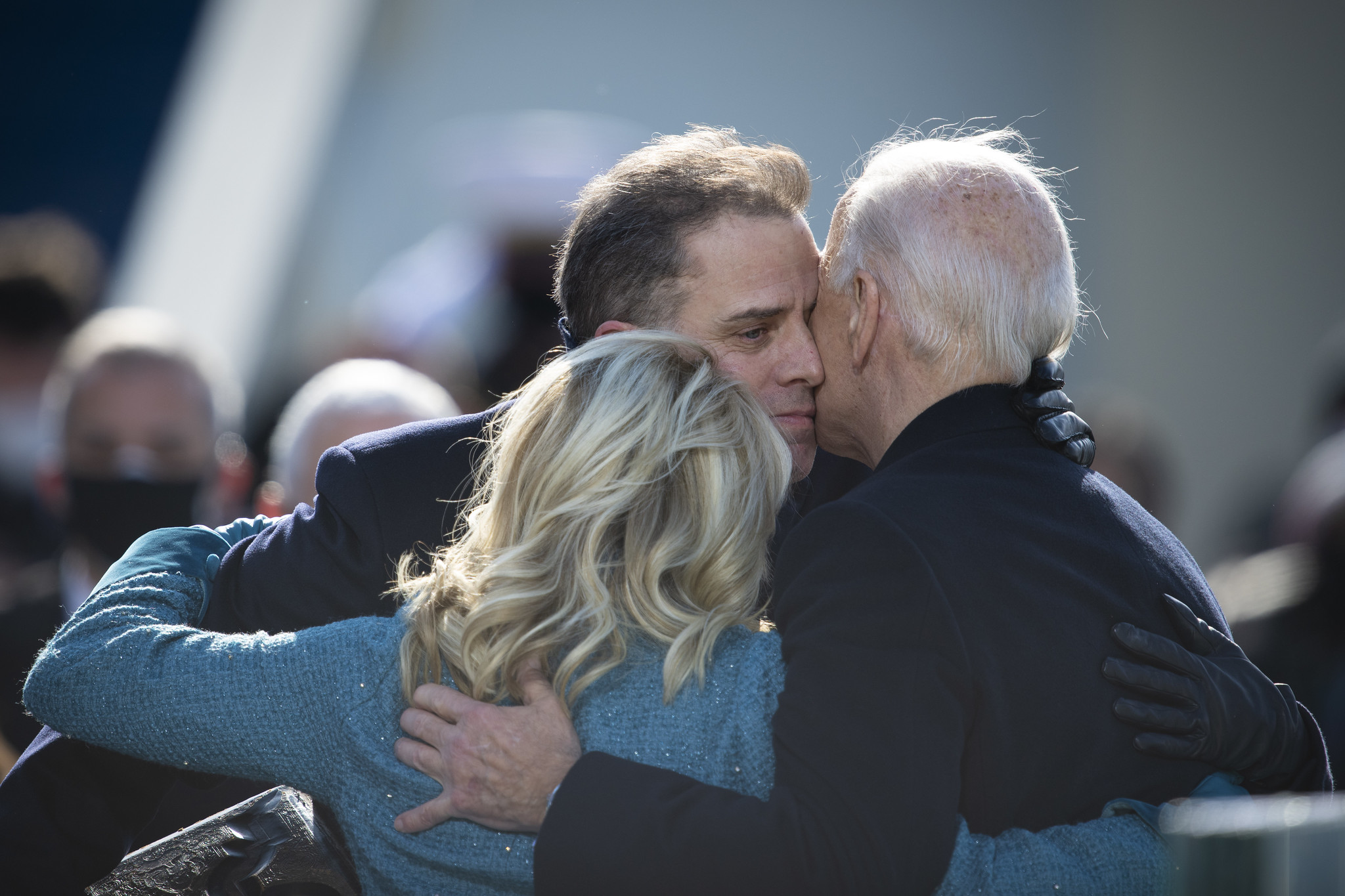PICTURED: President Trump speaks in the UN general assembly auditorium; the 74th such assembly.
New York City, USA. Thursday September 26th, 2019: At the 74th United Nations General Assembly meeting, Iran and Saudi Arabia took understandably different stances on how tensions in the Middle-East should be diffused.
In summary, Tehran feels her ability to accept offers of diplomacy is limited by the proverbial and literal gun held to her head by the United States. On the other side of the Gulf, Saudi Arabia concludes that the only way to diffuse the tensions which they say are brought about solely by Iran is “to apply utmost pressure with every tool available … to end the terrorist and aggressive conduct of the Iranian regime”.
The recent cruise missile attacks on the Saudi Aramco facilities of Abqaiq and Khurais set off a whirlwind of action across the region.
Iran has denied any involvement with the attacks which halted half of the entire Saudi daily oil production. Tehran has reminded her enemies of her willingness and ability to defend and retaliate against attacks and invasions from the United States
The U.S. blamed Iran minutes after the attack, with Secretary of State Mike Pompeo stating that even if it was the Houthi revolutionaries of Yemen whom the Saudis are at war with, it would still be Iran’s fault, as the Pentagon believes the two Shia-aligned factions to be in league with one another. Pompeo also announced that the economic sanctions on Iran were increased.
Saudi Arabia has ignored the Houthi’s claim of responsibility for the attacks, while simultaneously launching multiple air strikes on the capital of Sanaa, killing at least 5 civilians. 4 days following the attacks on their oil facilities, Saudi military officials went over evidence of Iran’s culpability in a press conference, though Iran claimed the evidence demonstrated nothing.
Red-handed
Perhaps in attempt to draw attention to Iran’s alleged destabilization of the region, Ibrahim bin Abdulaziz Al-Assaf, the Saudi Minister of Foreign Affairs, listed a number of reasons why Iran must be considered a threat to the greater stability of not just the Middle-East, but the entire world.
According to a press release from the United Nations regarding Mr. Al-Assaf’s statements, he suggested the General Assembly look into crimes committed by Iran and any proxy forces she maintains inside other sovereign nations. The quote from the United Nations story gave an example of the suggestion by Mr. Al-Assaf by mentioning Syria “where it claimed more than half a million lives”.
If Al-Assaf is suggesting that Syria’s involvement in the civil war has resulted in half a million dead, his compass is pointing dreadfully awry of true north.
At every level of historical and political analysis, this accusation can only be seen as at least entirely false, and at most, a blatant display of lying in attempt to change UN opinion on Iran.
“The Iranian regime participated in killing the Syrian people, either directly or through its proxies and support for militias like the terrorist Hezbollah”, said Al-Assaf.
Even long before Arab Spring, Syria was one of the Islamic Republic’s closest allies, and while Syrian President Bashar al-Assad and his Ba’athist regime ran a secular nation that sheltered Christians, Jews, and different sects of Islam, the differences in governance or cultural makeup did not prevent friendly relations between the two nations.
The Iranian oil tanker that was released from Gibraltar not long ago, which the State Department claimed was carrying oil to the sanctioned Syrian regime, did in fact, according to the department, offload its cargo on Syrian shores.
In a State Department press briefing, department spokesperson Morgan Ortagus claimed clear evidence exists that “the Iranian regime delivered oil to Syria, and that fuel goes straight into the tanks of troops that are slaughtering innocent Syrians”.
This is hardly the behavior of a regime that has orchestrated half a million deaths, or how ever many Al-Assaf believes, through the use of armed militia groups in the country.
This actually seems like the behavior of two like-minded regimes attempting to hold onto the reins of power by any means necessary.
American Sunnis
In contrast, Aleppo and Tehran’s enemies both include the United States and Sunni Islam states like Turkey and Saudi Arabia. So the idea that Iran and Hezbollah have killed half a million people while attempting to unseat the only regional power that doesn’t want them both reduced to ash is ridiculous.
Hezbollah, like Iran, are Shia, and like Iran view the secular Arab-nationalist and anti-Zionist Ba’athist regime in Aleppo infinitely favorable to Saudi Arabia or the UAE for example.
But the most startling falsehood of all is the notion that Iranian proxies are doing the largest share of the murdering in Syria, when in fact, it was absolutely Barack Obama’s foreign policy decision to arm extreme rebel groups like al-Nusra, the local al-Qaeda affiliate who would form ISIL in western-Iraq and eastern-Syria.
These supposedly-vetted fighters were trained in Turkey by the CIA, but many of them came from Libya and Saudi Arabia to fight for al-Qaeda in eastern-Iraq against the United States during the U.S. invasion and occupation under Bush Jr.
Without the intentional-CIA backing of these groups, there would only be the young Arab Spring protesters – hardly realistic opposition in a civil war that would lead to over half of million deaths and close to 13 million internationally-displaced persons.
After the George W. Bush overthrew another Ba’athist Party dictator in Saddam Hussein, the resulting Shia takeover of the country tipped the balance of Shia-Sunni power in the region towards Iran and the Shi’ites. Imagining that removal of Bashar al-Assad in Syria would please the Saudis very much (placate them as the Obama administration explained,) and whatever force could be employed to pressure Assad into abdication would be supported.
About $500 million taxpayer dollars went into training and equipping these al-Qaeda-adjacent rebel groups, while Saudi Arabia, even up until mid-2018 had Wahhabi militias like Jaish al-Islam operating in the country. Jaish al-Islam was part of the Free Syrian Army, who despite their extremist views, were touted as the good guys in western media for years, reflected by the UN’s lack of international terrorist organization designation even though they mingle with al-Qaeda and bombed the United States’ Kurdish allies with chemical weapons.


